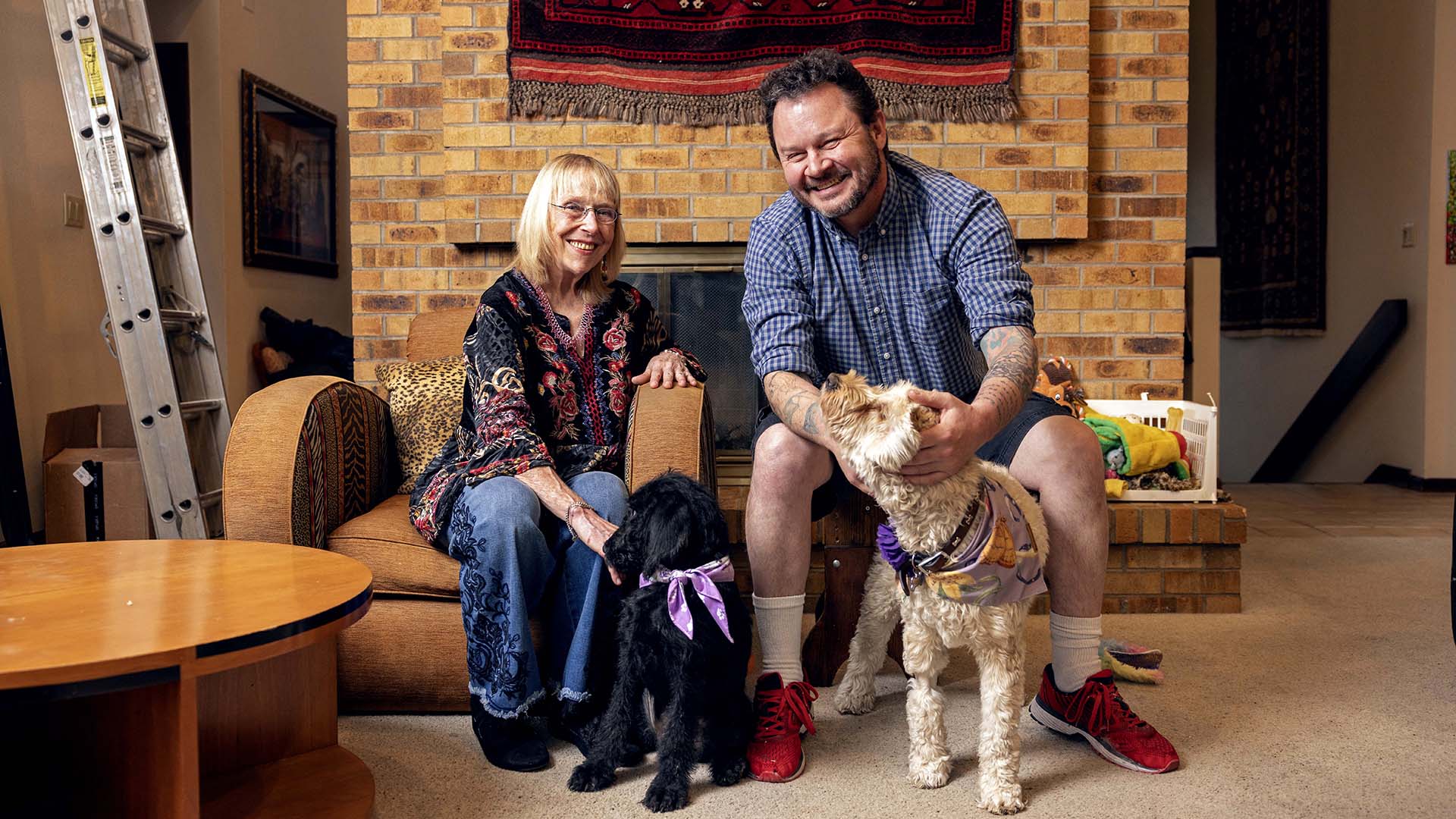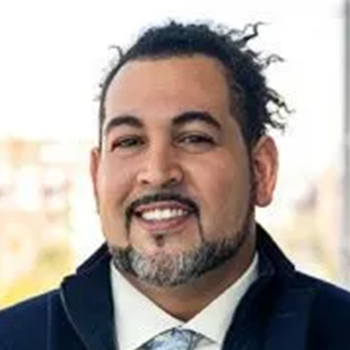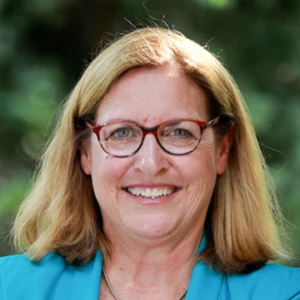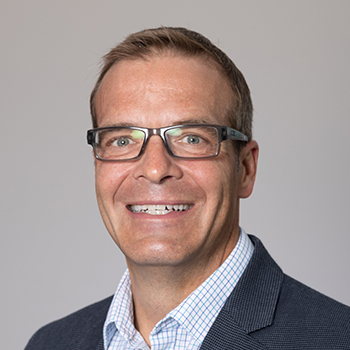Inspired by MSU Denver pipeline program, Polis announces grants to spur workforce development
Colorado governor praises the University’s Pathways to Possible, which was supported by the state’s RISE fund.
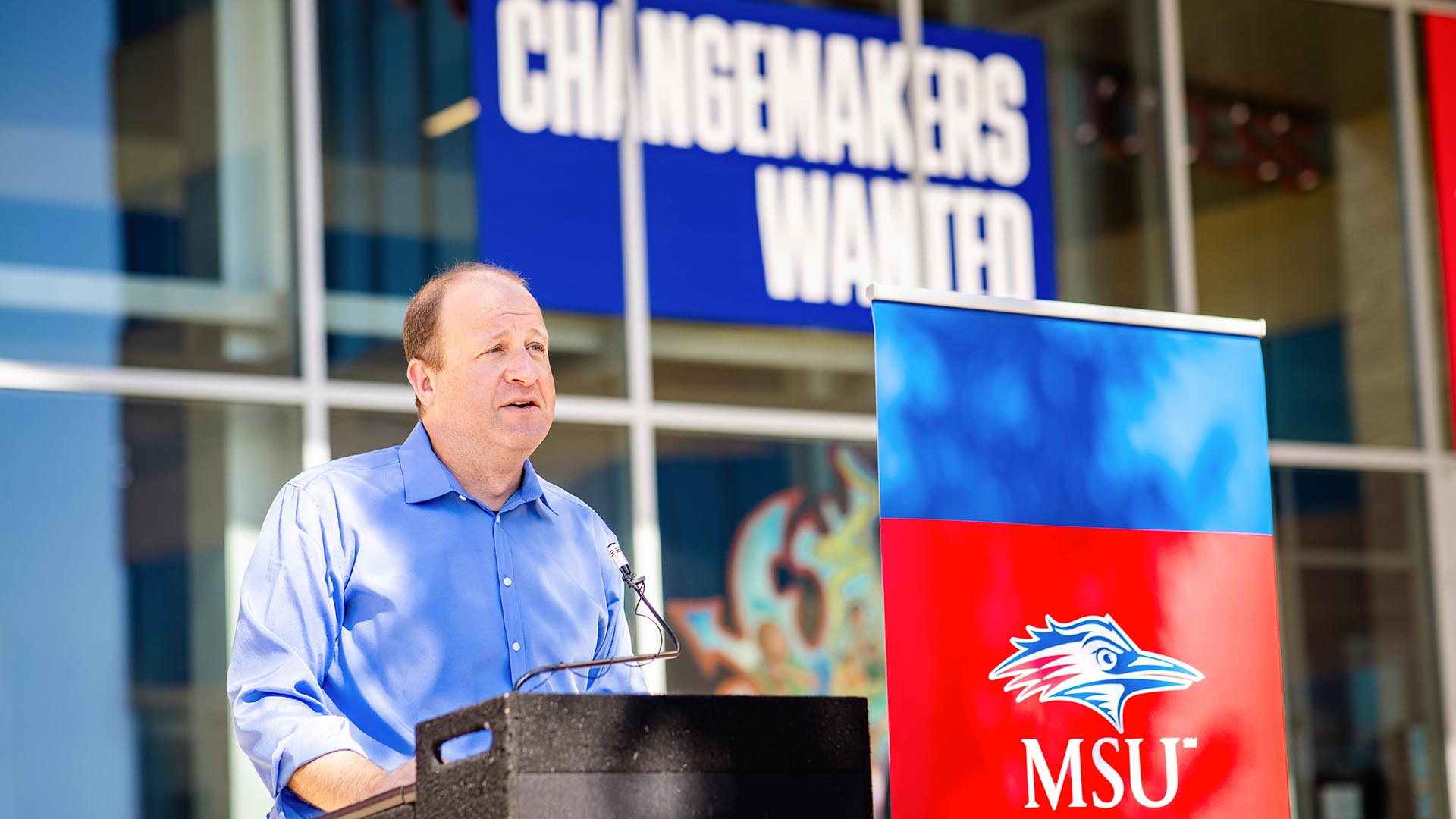
Gov. Jared Polis touted the success of Metropolitan State University of Denver’s Pathways to Possible program as he announced the funding of $2.5 million in grants to expand availability of youth-based apprenticeships that address workforce challenges.
Applications for the final round of grants are now open, with a deadline of Oct. 16. Polis said the new round of grants will be used to fund apprenticeships for high school students.
The previous three rounds of Response, Innovation and Student Equity grants have supported 41 awardees. Among them have been school districts, charter schools, institutions of higher learning and community-based organizations that spur innovative models to improve learning and close equity gaps exacerbated by the Covid-19 pandemic.
“We were so inspired by the work that MSU Denver … is doing in Pathways to Possible to create career tracks and gain real work-based experience,” Polis said during a Sept. 27 news conference outside of the Jordan Student Success Building.
MSU Denver used a $2.3 million RISE grant to develop Pathways to Possible in 2021. The program creates a path to and through MSU Denver for high school students from rural and underserved communities. The University partners with high school counselors, who help identify students in need of support in the college-enrollment process.
Once a student is enrolled, the program provides financial support and peer mentorship. Participants also spend summers at MSU Denver to build social capital, self-advocacy and a sense of belonging.
Pathways to Possible also offers employment support by connecting students with businesses and organizations that can help them find jobs.
Polis noted how Pathways to Possible helps blur the line between education and the workforce, motivating and leading underserved students from ninth grade through college graduation and into careers.
“When we invest in young people and apprenticeships and our workforce, our economy grows stronger and people earn more and do better for themselves,” the governor said, noting that there are two Colorado job openings for every job-seeker.
“The success of this program is really exactly what we want to see,” he added.
Since Pathways to Possible launched, participants have an 80% retention rate — 5 percentage points higher than the national average for first-year students. 80% of participants are also on track to complete bachelor’s degrees in four years.
The impact has been so compelling that MSU Denver decided to use institutional funding to continue the program once state RISE dollars run out, said Melissa Cleaver, director of Pathways to Possible.
“None of this could have taken place without the extraordinary investment from the State of Colorado providing the RISE grant to pilot this program on,” she said. “I’m proud to lead this work in a state that deeply values innovation and invests in programs like Pathways to Possible.”
Other examples of RISE grant-funded programs include Adams State’s partnership with the Boys and Girls Club of the San Luis Valley; New Legacy charter school in Aurora’s implementing evidence-based practices; and St. Vrain Public Schools’ collaboration with districts to develop summer literacy programs.




